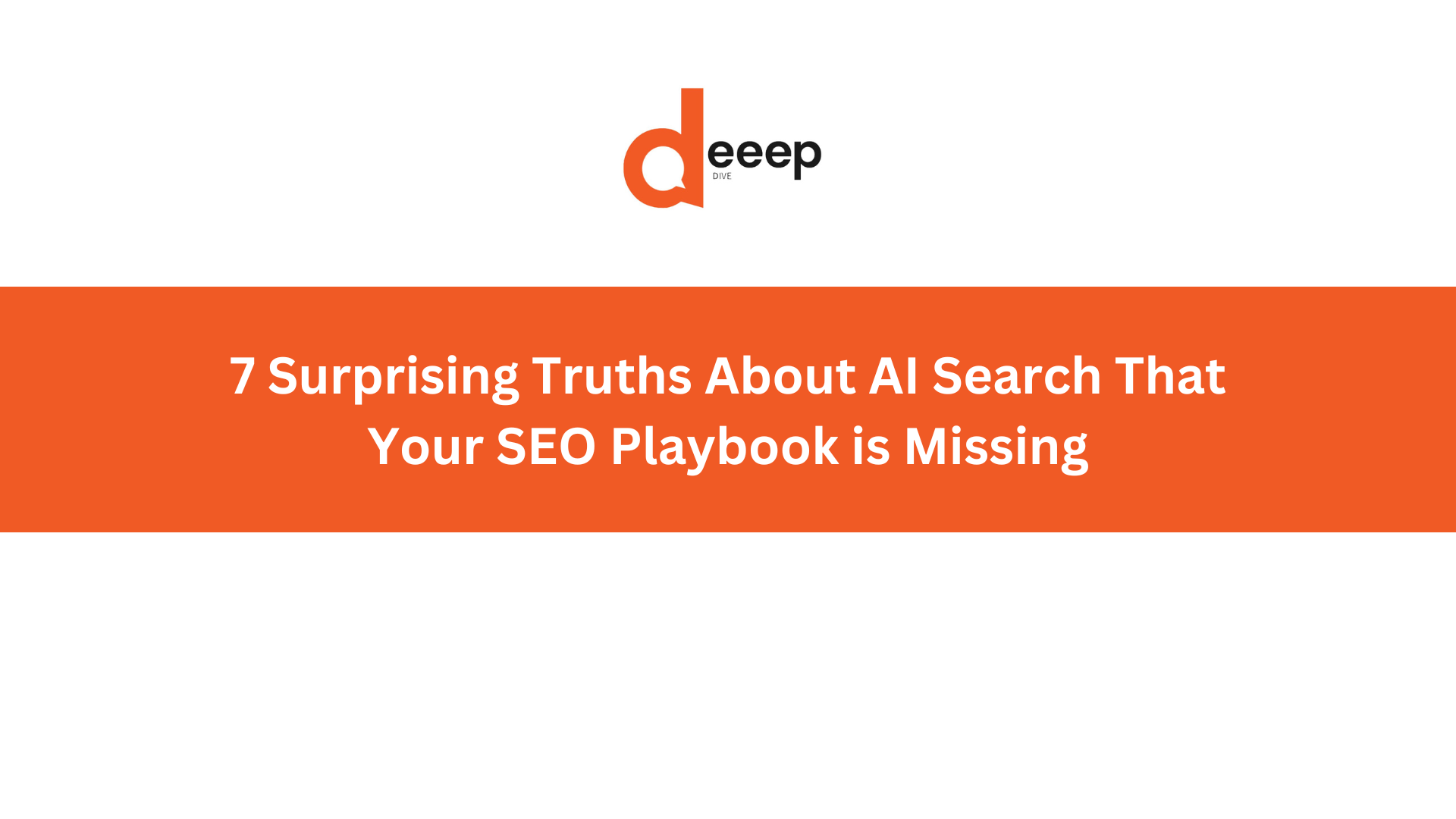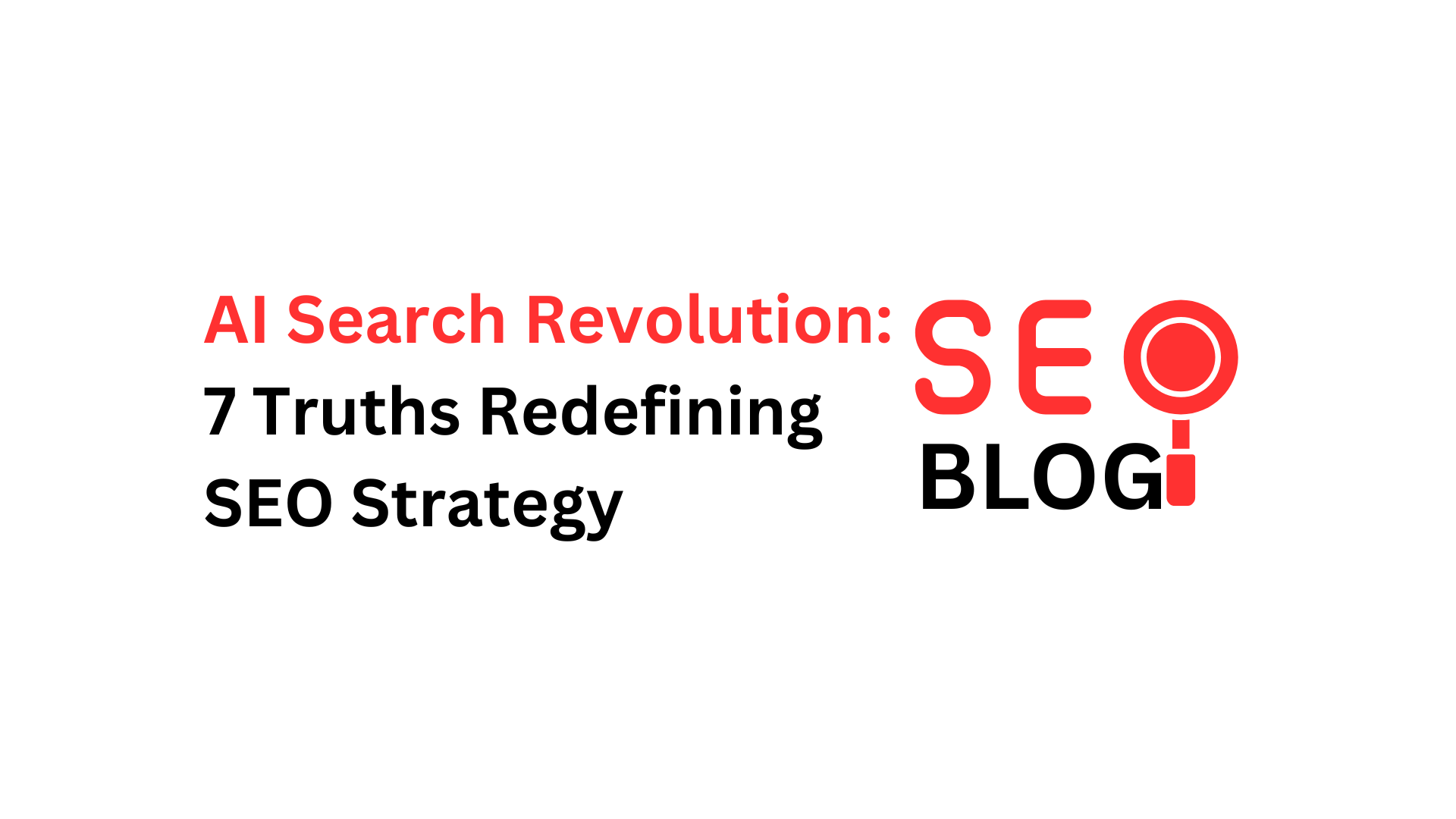How Is AI Reshaping Consumer Privacy in Marketing?
The integration of AI in marketing has raised significant concerns about data privacy and security. As AI systems collect and analyze vast amounts of consumer data, there’s an increasing risk of data breaches and unauthorized access to sensitive information . Companies must navigate the fine line between personalization and privacy invasion, ensuring they implement robust data protection measures while maintaining marketing effectiveness .
Are AI Algorithms Perpetuating Discriminatory Marketing Practices?
One of the most pressing challenges is algorithmic bias in marketing decisions. Real-world examples have shown AI systems disproportionately displaying certain ads based on gender and other demographic factors . This bias often stems from historical data used to train AI systems, potentially perpetuating existing societal prejudices and creating unfair marketing outcomes .
How Can We Ensure Transparency in AI-Driven Marketing Decisions?
The lack of transparency in AI decision-making processes has become a significant ethical concern. When consumers don’t understand how AI systems make recommendations or target them with specific content, it creates a trust deficit . Companies must prioritize explainability and openness in their AI systems to maintain consumer confidence and ethical marketing practices .
What Are the Implications of AI-Generated Content and Deepfakes?
The rise of AI-generated content and deepfakes presents new ethical challenges in marketing. While these technologies offer creative possibilities, they also raise concerns about authenticity and potential deception . Marketers must consider the ethical implications of using AI-generated content and ensure proper disclosure to maintain trust.
How Is AI Affecting Marketing Job Security and Workforce Evolution?
The automation capabilities of AI are transforming the marketing workforce. While AI creates new opportunities, it also raises concerns about job displacement . The challenge lies in balancing AI adoption with workforce development, ensuring that human creativity and strategic thinking remain central to marketing practices.
6. What Role Does Consumer Manipulation Play in AI Marketing?
AI’s predictive capabilities can potentially be used to exploit consumer vulnerabilities. The ethical concern here is whether AI systems are being used to serve consumer interests or manipulate their behavior for commercial gain . Companies must establish clear boundaries to prevent the misuse of AI for manipulative marketing practices.
How Can We Address the Challenge of Data Responsibility?
With the increasing reliance on AI for marketing decisions, data responsibility has become crucial. Organizations must ensure proper data collection, storage, and usage practices . This includes implementing comprehensive data governance frameworks and maintaining transparency about how consumer data is used.
What Are the Implications for Consumer Autonomy?
As AI becomes more sophisticated in predicting and influencing consumer behavior, there’s a growing concern about the erosion of consumer autonomy . Marketers must consider how AI-driven personalization affects consumer choice and ensure that marketing practices respect individual decision-making freedom.
How Can We Ensure Ethical AI Governance in Marketing?
The need for robust ethical governance frameworks is becoming increasingly apparent. Companies must establish internal ethics committees and guidelines for AI use . This includes creating accountability measures and ensuring compliance with evolving regulations and industry standards .
What Does the Future Hold for AI Ethics in Marketing?
Looking ahead, the ethical challenges in AI marketing are likely to become more complex. The democratization of AI tools and their integration across business functions will require ongoing attention to ethical considerations. Companies must stay ahead of these challenges by prioritizing ethical practices and maintaining open dialogue about AI’s role in marketing.
Conclusion
The ethical challenges surrounding AI in marketing are multifaceted and evolving. Success in this new era requires a balanced approach that leverages AI’s capabilities while maintaining strong ethical standards. Companies that prioritize transparency, fairness, and consumer trust while adopting AI technologies will be better positioned to navigate these challenges and build sustainable marketing practices for the future.



